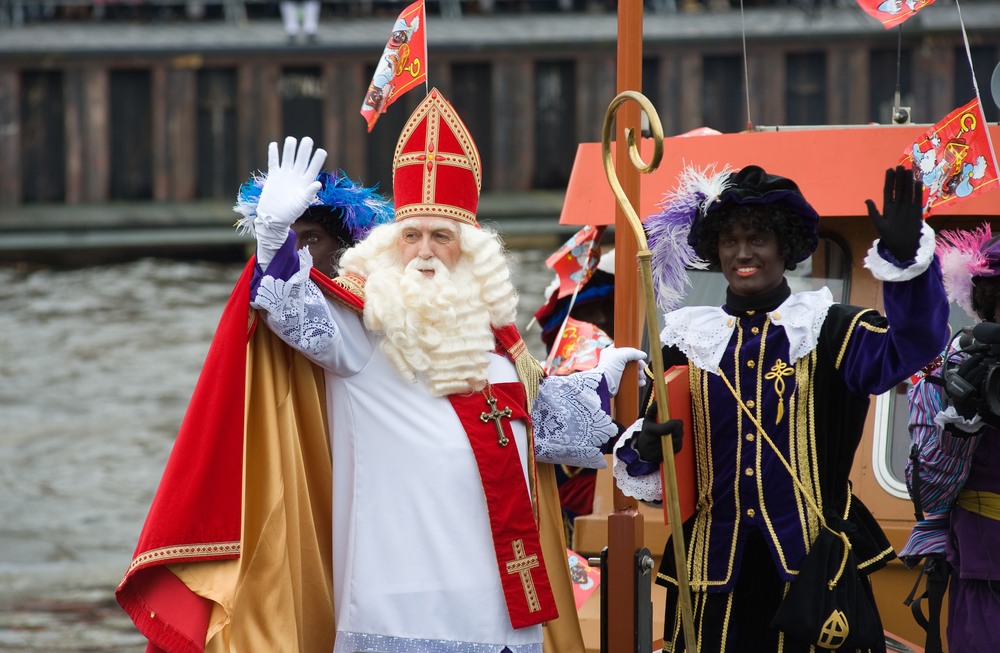This article was originally published in The XPat Journal Summer 2017 Issue
By Yolanda Bokhorst
I am often asked whether it is really necessary to draw up a will. Isn’t everything already arranged in the law? And when it comes to international situations, don’t we have the European Inheritance Act?
It is a mistake to think that national laws and the European Inheritance Act contain the optimal solution for each individual situation. General rules and regulations by definition do not take into account personal circumstances. Especially in international situations, it is important to draw up a clear will that states what is to happen should you pass away. This will help your heirs avoid a lot of hassle!
Reasons for Drawing Up a Will
1. Including or excluding certain persons
The law contains a certain order in which the persons you leave behind inherit from you. But that is not necessarily the way you want it to be. Sometimes you want your legally appointed heir to receive less – or nothing at all. Or maybe you want to leave something to someone who is not related to you.
Unmarried partners are not automatically heirs. You need a will to leave something to the partner with whom you are living, but to whom you are not married.
2. The position of married partners vs. the children
In the Netherlands, there is the so-called statutory division that applies to spouses and children. The longest-living spouse inherits all property and debts and the children must wait for that spouse to pass away before they get their portion of the estate. The surviving spouse can use up everything, as a consequence of which – for instance – all private property originating from the family of the deceased parent could be gone by the time the second parent dies. Aside from the fact of whether or not this is truly desirable, this system often leads to complications in international situations, as it is a typically Dutch arrangement.
3. Specific arrangements for property located abroad
If you have property that is located outside the EU, then – once you pass away – it is not always clear which inheritance law applies to this property. The national laws of the various countries can be conflicting.
With a clear will, you can determine what is to happen to your house or savings abroad. In practice, the settlement abroad will work out well if there is a testament that clearly states what your intentions are.
4. Appointing a guardian for the under-age children
Should both parents pass away, a guardian will have to raise and represent the children. In your will, you can determine whom this should be. You can also make a list of alternative options, should the initially-appointed guardian not be willing or able to take on the responsibility.
5. Appointing an administrator
An administrator manages the inherited wealth until the children or other heirs have reached a certain age. This helps avoid the situation in which the heirs gain control of the wealth at a very young age. In your will, you can appoint an administrator – and determine until what age of the heirs this will last. You can also determine what the authorities of this administrator are.
6. Fiscal optimizing
If you pass away while living in the Netherlands, Dutch inheritance tax will be due over your worldwide property and assets. Sometimes, property that is located in another country will be subject to inheritance tax in that country as well, which will lead to double taxation.
Though heirs owe inheritance tax in the Netherlands, there are also exemptions that apply to them. The amount of the exemption depends on the relation between the deceased and the heir.
In a will, you can make optimal use of the tax brackets and exemptions. This can help limit the amount of tax due.
7. Avoiding fiscal complications
The European Inheritance Act that entered into force in 2015 has led to a harmonization of the laws applicable to inheritances and their settlement. However, it does not cover inheritance tax. Every country will continue to apply its own rules on inheritance tax. And sometimes, the fiscal rules in one country do not take into account the rules on inheritance of another country. For instance, the Dutch rules on statutory division (mentioned under 2), sometimes result in higher inheritance taxes abroad. A will can help you avoid this type of situation, by declaring the statutory division not applicable and making other arrangements that do not result in this fiscal complication abroad.
8. Appointing an executor
When someone passes away, a lot has to be arranged. To help your heirs do this, you can appoint an executor. This will take a load off their hands. The executor can be a relative, a good friend or a professional executor. They can arrange the funeral, manage the estate, carry out the related administration and take care of the tax returns. They are responsible for the settlement of the estate, so that it can be distributed among the heirs.
Of course, the executor does not have to figure out everything on their own. In the Netherlands, the civil law notary not only draws up and issues the necessary legal statements; they are also an expert who is there to answer any questions the executor may have and to lead him or her through the entire process of settling the estate.
Would you like to know whether your will contains potential ambiguities or complications that can be avoided, and would you like to obtain more information on this topic? Then be sure to make an appointment with a civil law notary who specializes in international inheritance law.

Everything you need to know about c ...
As an expat in the Netherlands, there might be a couple of traditions that will ...

The UnDutchables 9.0
Following the legendary previous eight editions of The UnDutchables, the 9th edition of this all ...

Gift giving in the Netherlands-all ...
If you feel like skipping your birthday, you may be in for a challenge when ...

The American Netherlander - 25 Year ...
In 1994, author Greg Shapiro came to the Netherlands. The idea was to spend a ...

How to Meet Locals in Amsterdam
Being far from home in a foreign city or country can be one of the ...

Typical Dutch Festivities
In the Netherlands, the Christmas season is marked by a sequence of typical Dutch festivities ...

Special Occasions the Dutch way
The Dutch love to mark a special occasion. What's more, for each one, they ...

Dutch Customs and Etiquette
The Netherlands has its own unique set of customs. There is an etiquette for how ...